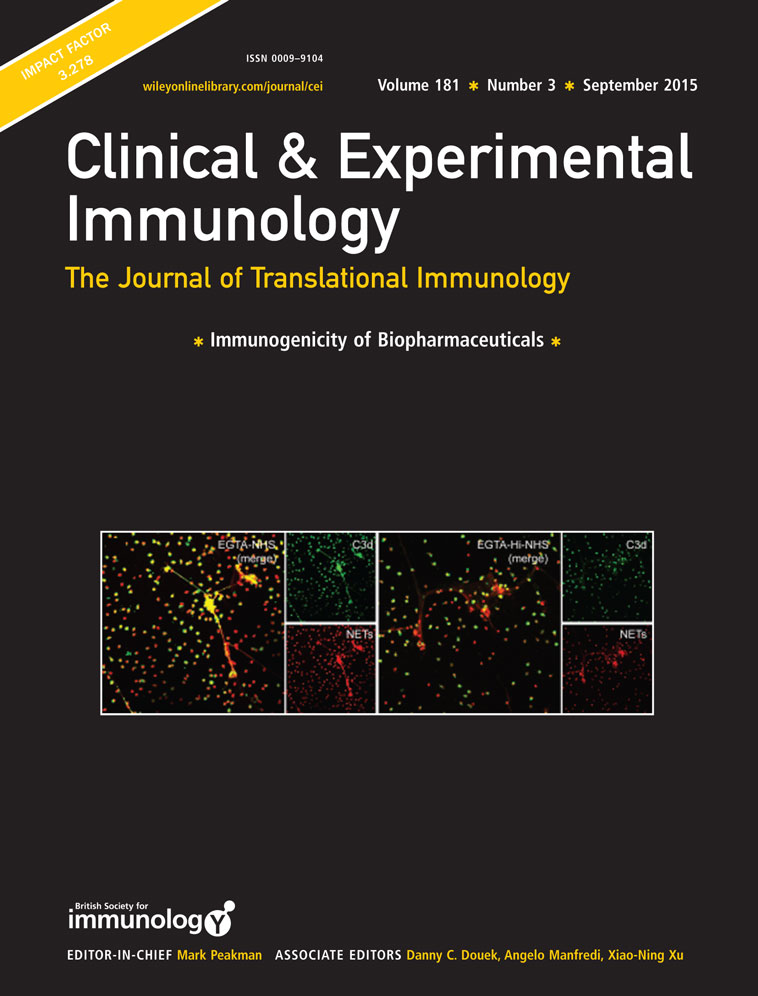T cell anergy and activation are associated with suboptimal humoral responses to measles revaccination in HIV-infected children on anti-retroviral therapy in Nairobi, Kenya
Summary
HIV-infected children are less capable of mounting and maintaining protective humoral responses to vaccination against measles compared to HIV-uninfected children. This poses a public health challenge in countries with high HIV burdens. Administration of anti-retroviral therapy (ART) and revaccinating children against measles is one approach to increase measles immunity in HIV-infected children, yet it is not effective in all cases. Immune anergy and activation during HIV infection are factors that could influence responses to measles revaccination. We utilized a flow cytometry-based approach to examine whether T cell anergy and activation were associated with the maintenance of measles-specific immunoglobulin (Ig)G antibodies generated in response to measles revaccination in a cohort of HIV-infected children on ART in Nairobi, Kenya. Children who sustained measles-specific IgG for at least 1 year after revaccination displayed significantly lower programmed cell death 1 (PD-1) surface expression on CD8+ T cells on a per-cell basis and exhibited less activated CD4+ T cells compared to those unable to maintain detectable measles-specific antibodies. Children in both groups were similar in age and sex, CD4+ T cell frequency, duration of ART treatment and HIV viral load at enrolment. These data suggest that aberrant T cell anergy and activation are associated with the impaired ability to sustain an antibody response to measles revaccination in HIV-infected children on ART.




